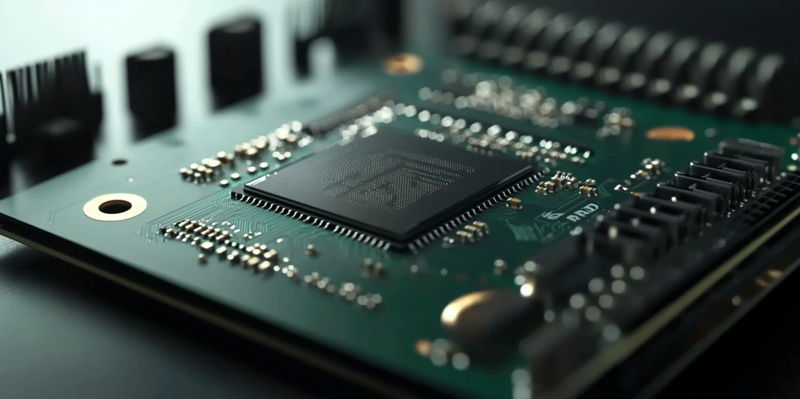Milk-V, a distinguished hardware manufacturer specializing in RISC-V products, has released its new mini-ITX motherboard dubbed "Megrez." This new offering is designed to cater to the AI PC market and notably supports AMD’s high-end Radeon GPUs, including the RX 7900 XTX. This advancement is significant due to the rarity of RISC-V-based products, especially in compact form factors, and the historically limited interest from both consumers and commercial sectors. Although the Megrez mini-ITX motherboard aligns with a niche market, it promises robust performance and opens up new possibilities for AI-centric applications.
The Megrez motherboard is powered by the Eswin EIC7700X SoC, a 64-bit RISC-V high-performance CPU that features four SiFive P550 cores clocked at up to 1.6 GHz. In addition to its CPU capabilities, it boasts a dedicated NPU that delivers up to 19.95 TOPS INT8 performance. This signifies pivotal progress in embedding dedicated AI functionalities into a RISC-V processor, enabling it to handle intensive AI tasks more efficiently than traditional setups.
Technical Specifications and Capabilities
One of the most notable features of the Megrez motherboard is its compatibility with AMD’s Radeon RX 7900 XTX GPU. The integration of this high-end GPU underscores a critical breakthrough, merging RISC-V and RDNA architectures, and showcasing potential for increased cross-compatibility and enhanced performance. By adopting an AMD GPU, Milk-V emphasizes the continuation of efforts to adapt RISC-V systems for mainstream and high-performance tasks, thereby paving the way for future developments in this domain.
Beyond graphical capabilities, the Megrez supports a single LPDDR5-6400 memory module, reflecting a balance between modern memory performance and efficiency. Storage options include a slot for a SATA SSD and a microSD card slot. Though not the pinnacle of storage technology, these provisions indicate a concerted effort to make RISC-V more accessible and practical for mainstream users, ensuring that memory constraints do not hinder the adoption and usability of the system.
The high throughput for AI applications and the reliable memory and storage options make the Megrez motherboard a compelling choice for digital enthusiasts and professionals alike. Despite these promising features, RISC-V technology still finds itself in a nascent stage regarding broader public and commercial acceptance. However, products like the Megrez are necessary steps towards bringing RISC-V more into the technological mainstream, making high-performance RISC-V solutions more tangible and applicable.
Market Position and Future Prospects
Milk-V, a prominent player in hardware manufacturing focused on RISC-V products, has unveiled its latest mini-ITX motherboard named "Megrez." This innovative release aims at the AI PC market, offering support for AMD’s premium Radeon GPUs, such as the RX 7900 XTX. The introduction of the Megrez represents a notable achievement due to the scarcity of RISC-V-based products, particularly in compact form factors, paired with the historically limited interest from both consumers and businesses. Despite catering to a niche market, the Megrez mini-ITX motherboard promises powerful performance and opens new avenues for AI-driven applications.
The core of the Megrez motherboard is the Eswin EIC7700X SoC, a 64-bit RISC-V high-performance CPU featuring four SiFive P550 cores, each clocked up to 1.6 GHz. Additionally, it includes a dedicated Neural Processing Unit (NPU) capable of delivering an impressive 19.95 TOPS INT8 performance. This marks a significant advancement in integrating dedicated AI functionality into a RISC-V processor, making it highly efficient for handling demanding AI tasks compared to traditional systems.

